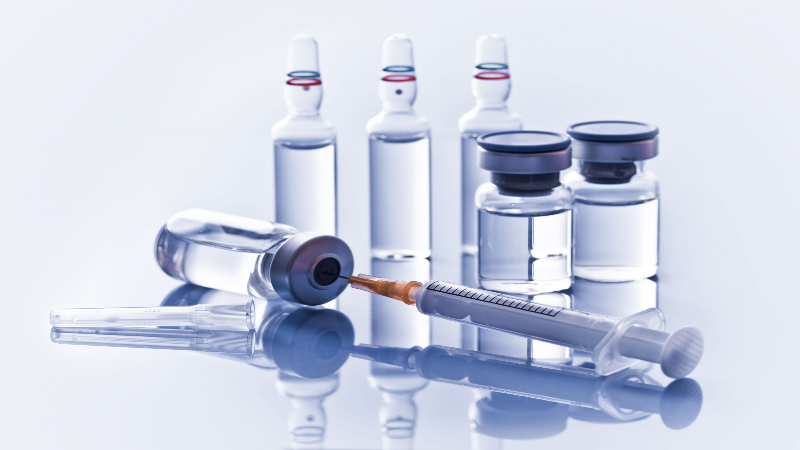Ensuring patient safety is a top priority in every healthcare environment, from bustling urban hospitals to small rural clinics. With medication errors and contamination risks posing significant challenges, healthcare providers continually seek solutions that streamline processes while safeguarding patient well-being. In this context, Prefilled Syringe Packaging has emerged as a critical innovation, attracting the attention of medical professionals and administrators searching for ways to minimize risk and improve outcomes.
Reducing Medication Errors
One of the foremost advantages of prefilled syringes is their ability to reduce medication errors. Traditional methods, which require manual drawing of medication into syringes, are susceptible to dosage inaccuracies and contamination. Prefilled syringes, on the other hand, come with precise, pre-measured doses, eliminating the guesswork and potential for human error during preparation. This accuracy is especially vital in emergency situations, where every second counts and there is little room for mistakes.
-
Standardization: Each prefilled syringe contains a consistent dose, reducing variability across administrations.
-
Clear Labeling: Enhanced labeling directly on the packaging helps healthcare workers quickly identify medications, further reducing the risk of mix-ups.
-
Time Efficiency: By eliminating the need to manually fill syringes, providers can focus more on patient care rather than preparation tasks.
Enhancing Infection Control
Infection control remains a persistent concern in all healthcare settings. Prefilled syringes offer significant benefits in this area by minimizing touchpoints and the potential for contamination. Since these syringes are filled and sealed in sterile environments, the risk of introducing pathogens during medication preparation is greatly reduced.
-
Sterility Assurance: Manufacturing processes adhere to strict standards, ensuring the medication remains uncontaminated until administration.
-
Reduced Handling: Fewer steps in the preparation process mean fewer opportunities for germs to be introduced.
-
Single-Use Design: Disposable packaging prevents reuse and cross-contamination between patients.
Supporting Safe and Efficient Care in Diverse Settings
The versatility of prefilled syringe packaging makes it suitable for a wide range of healthcare environments. In busy hospitals, they allow nurses and doctors to administer medications quickly and safely, even during high-pressure situations. In outpatient clinics and home care settings, prefilled syringes empower patients and caregivers to deliver medications accurately, offering greater independence while maintaining safety.
-
Portable and Convenient: Compact design enables easy transport and storage, facilitating care in remote or resource-limited areas.
-
Patient Empowerment: Clear instructions and ready-to-use formats support patient self-administration, improving adherence and outcomes.
Facilitating Compliance with Safety Regulations
Healthcare providers must adhere to stringent safety regulations regarding medication administration and infection control. Prefilled syringe packaging supports compliance by adhering to regulatory guidelines for labeling, sterility, and traceability. This not only protects patients but also helps institutions avoid costly penalties and reputational risks associated with non-compliance.
Key Takeaways
The adoption of prefilled syringe packaging across U.S. healthcare settings marks a significant step forward in patient safety. By reducing medication errors, enhancing infection control, and supporting efficient care delivery in diverse environments, this packaging innovation addresses many of the challenges facing today’s healthcare providers. Its role in facilitating compliance with safety regulations further underscores its value. As healthcare continues to evolve, solutions that prioritize accuracy, sterility, and convenience—like prefilled syringe packaging—will remain essential to improving patient outcomes and maintaining the highest standards of care.

